CometVPN Blog
If you want to stay safe, choose an anonymous VPN with a reliable no-logs policy that doesn’t store your data logs. These VPN providers often have the tools and reputation that allow you to reach a high level of anonymity.
6 min read
 Rasa Sosnovskytė
Rasa Sosnovskytė 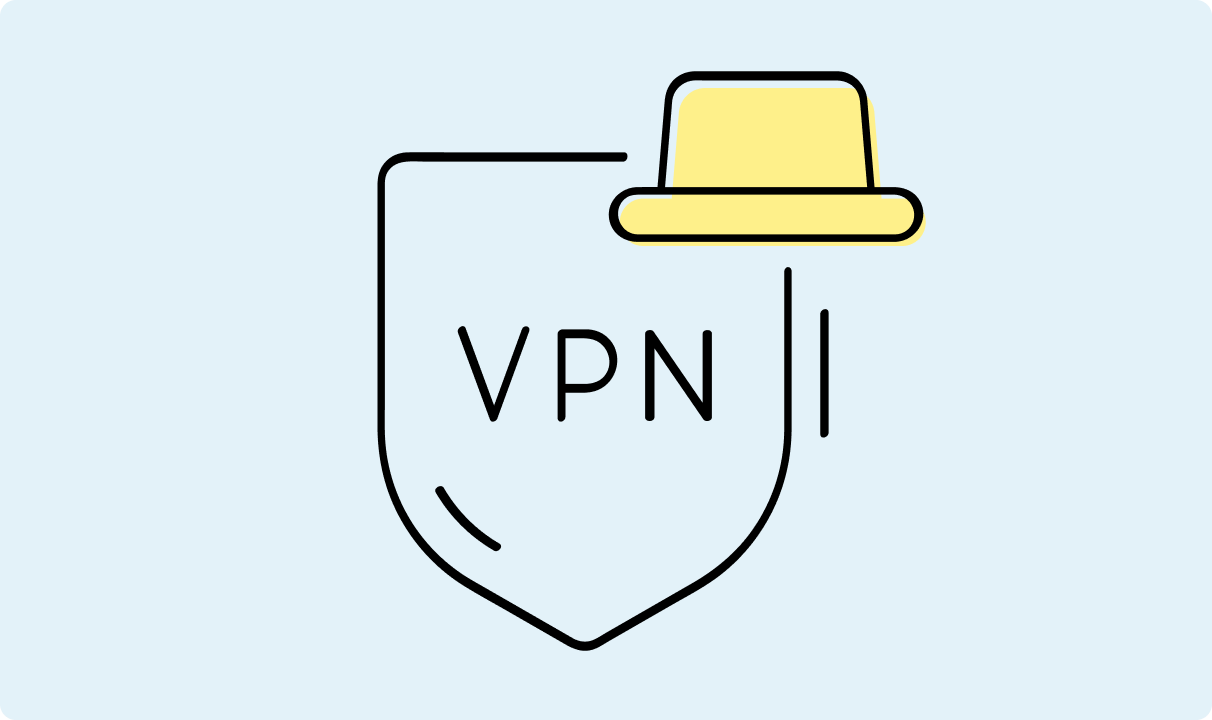
Choose Category
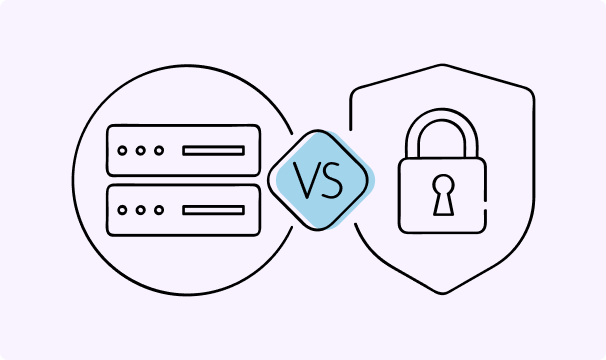
6 min read
Proxy vs VPN: Which is Better for Privacy and Security?
Both proxy servers and a Virtual Private Network (VPNs) protect user identities and help access online content securely. These tools can help surf the web anonymously and are otherwise highly similar, so people tend to mix them.
Yet, a proxy and a VPN are not the same and each of these tools can help with different tasks. To help you identify the best solution for your specific needs, here you’ll find the definitions of a proxy and a VPN.
Moreover, here you’ll also find a proxy vs VPN comparison and learn about each of their pros and cons. Considering these tools’ speed, security, privacy, and price will help you understand which tool to choose for your case.
By the end of this guide, you will have a clear understanding of what proxies and VPNs are, how they work, and differ, and which tool to use in different situations. Let’s dive in!

Adomas Šulcas
5 min read
Are VPNs Legal? Countries That Allow or Ban Them
VPNs protect your online privacy by hiding your internet connection. These tools help people stay safe online by blocking others from seeing what you do on the web.
Users can get around geographical restrictions and keep personal information safer and much harder to track. The question is: are VPNs legal?
Their legal status varies in different parts of the world. Some countries welcome VPNs as valuable tools for protection and convenience, and others have VPN bans or strict rules about using them. As a result, you should check the government laws before using a VPN to stay out of trouble.

Guoda Šulcaitė
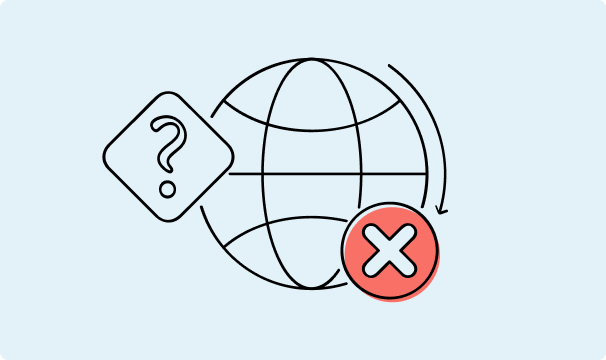
5 min read
VPN Not Connecting? Common Reasons and How to Fix It
A VPN (Virtual Private Network) is a tool that protects your digital safety while browsing, traveling, and in any other situations where you use an internet connection. People rely on a VPN connection to secure their network, bypass geo-restrictions, and protect their data.
However, VPNs are not without their hurdles. After reading this article, you will understand why is your VPN not connecting, how to troubleshoot most VPN server connectivity problems, and how to fix them quickly.

Rasa Sosnovskytė
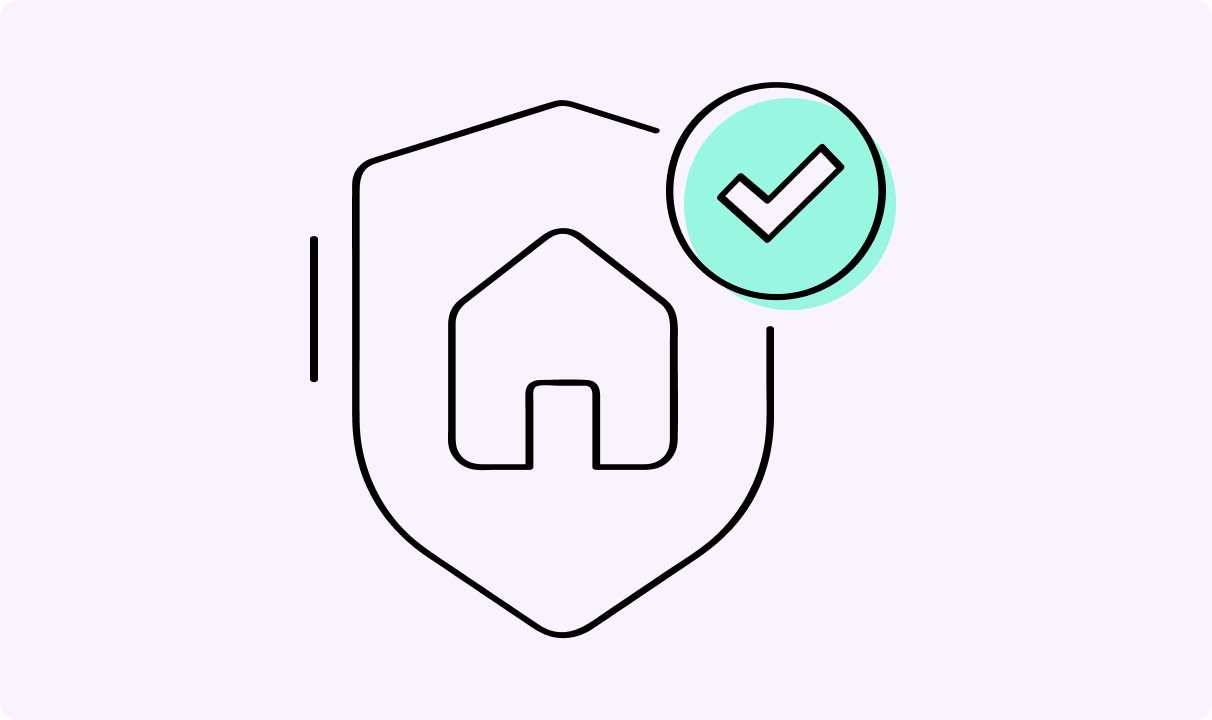
7 min read
What Is a Dedicated Residential IP and Why Use One?
An article about Dedicated residential IPs, answering how residential IP VPNs help your privacy and other use cases, and how to choose a dedicated residential VPN provider.

Adomas Šulcas
4 min read
How to Change Location on Spotify in 2026: Step-by-Step
Listening to music or podcasts should be easy, yet moving to a new place can interrupt your access. You might need to learn how to change location on Spotify to keep your library working.

Adomas Šulcas
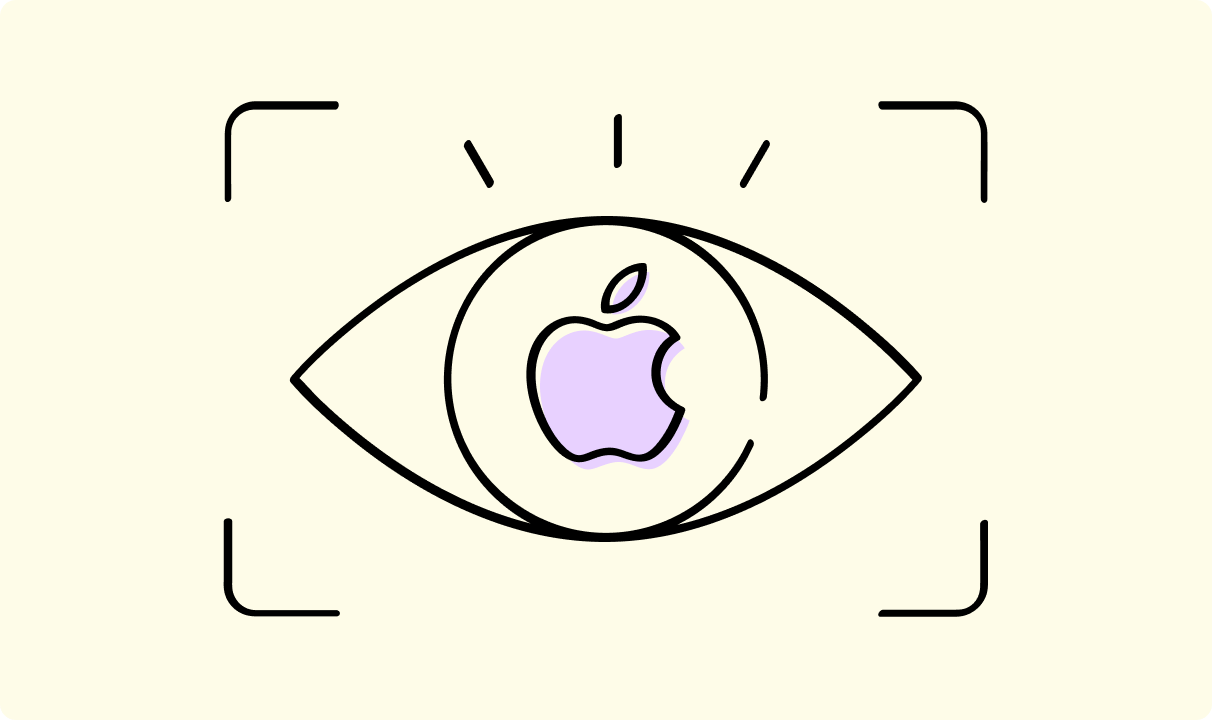
6 min read
How to Detect Spyware on iPhone: Signs & What to Do
Most unwanted monitoring happens at the account level, which means someone isn't hacking the phone itself but has your iCloud password. They can see your synced photos, messages, and location without installing anything.
You’ll learn how to detect spyware on iPhone by using Apple’s built-in tools. We’ll help you look for changes you didn't make and devices you don't recognize.

Guoda Šulcaitė